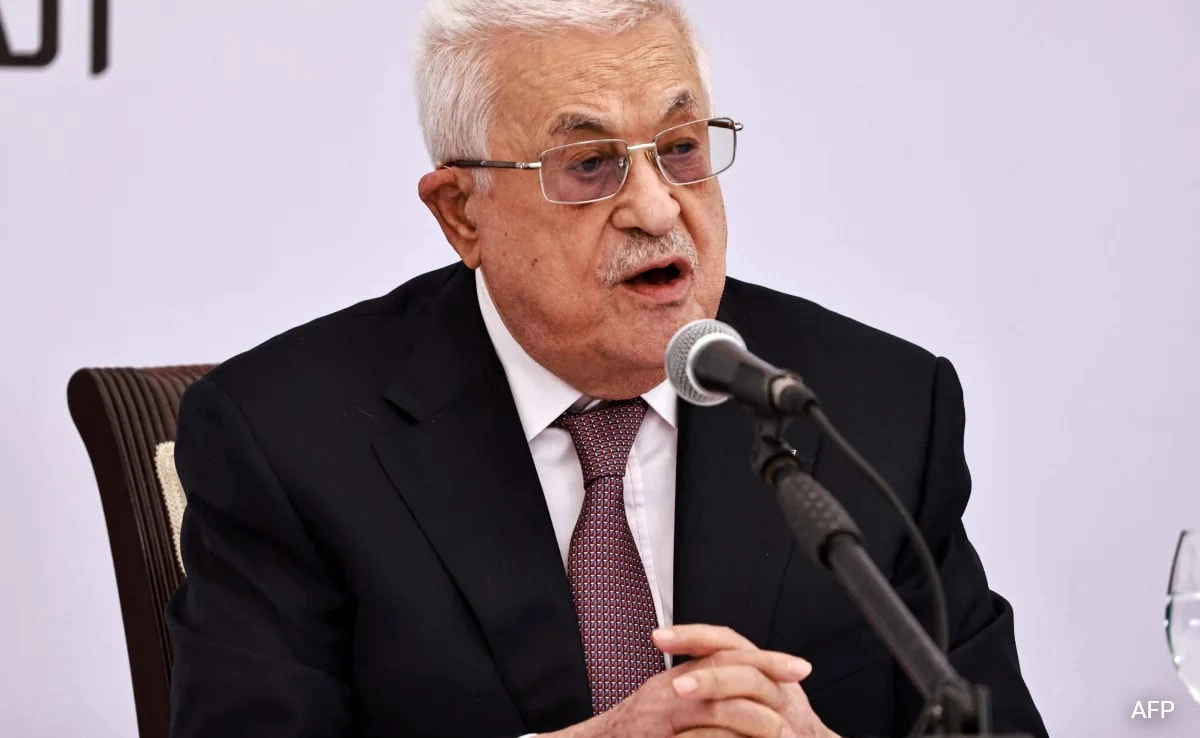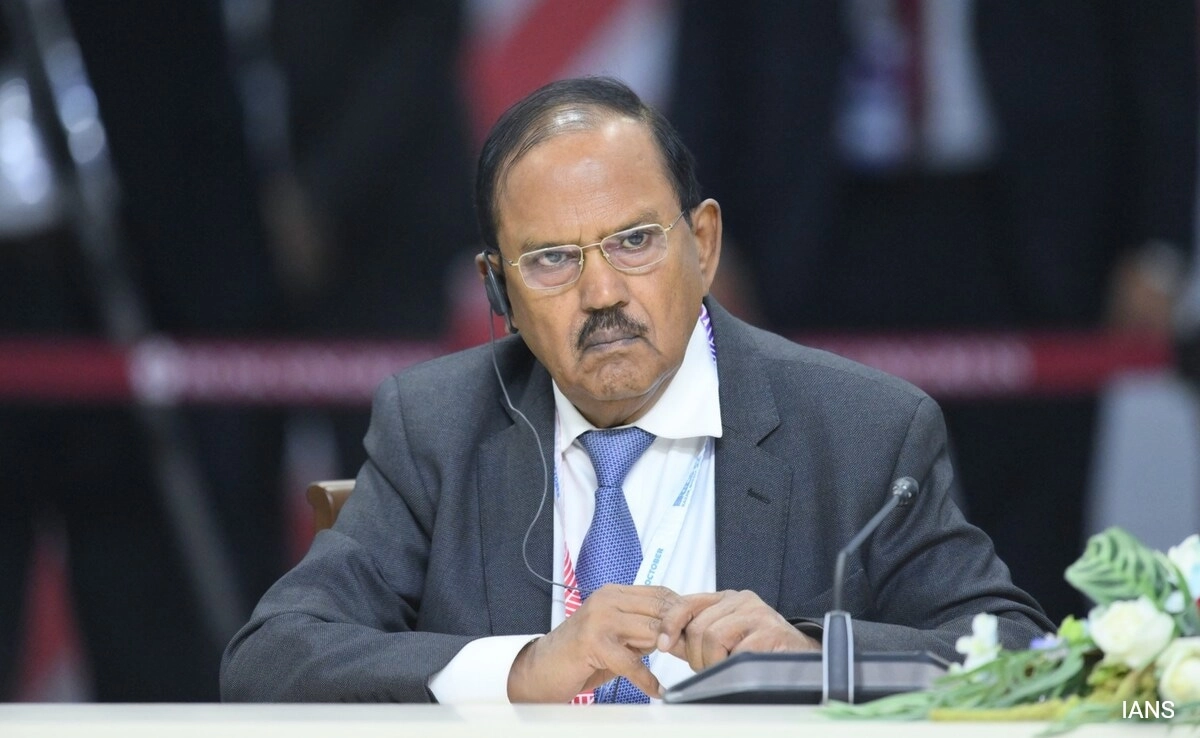The United States government has announced its decision to deny visas to Palestinian officials intending to attend a United Nations meeting. This move underscores the ongoing tensions between the U.S. and Palestinian authorities, particularly in the context of the geopolitical landscape surrounding the Israeli-Palestinian conflict. The U.S. maintains a complex relationship with the Palestinian leadership, often aligning itself closely with Israel while simultaneously advocating for a two-state solution. By denying these officials access to the UN, the U.S. government aims to signal its disapproval of certain Palestinian actions and positions that it perceives as detrimental to the peace process.
This decision has drawn criticism from various quarters, highlighting the delicate balance the U.S. seeks to maintain in its foreign policy. Advocates for Palestinian rights argue that the U.S. stance undermines the Palestinian voice in international forums, limiting their ability to engage with the global community and advocate for their rights. The UN has historically served as a platform for Palestinians to articulate their grievances and aspirations, and denying their representatives the opportunity to participate further isolates them from diplomatic discussions. Critics contend that such actions could exacerbate existing tensions and hinder progress towards a resolution.
The implications of this visa denial extend beyond immediate diplomatic relations; they also reflect broader issues of representation and accountability on the international stage. By restricting access to Palestinian officials, the U.S. risks alienating a significant segment of the population that feels marginalized in the ongoing negotiations. The decision may also embolden hardline factions within the Palestinian territories that oppose any form of negotiation with Israel, complicating the already intricate dynamics of peace talks. Ultimately, the U.S. response to the Palestinian officials’ planned participation in the UN meeting serves as a reminder of the challenges that lie ahead in achieving a lasting resolution to the Israeli-Palestinian conflict, as well as the importance of inclusive dialogue in addressing the concerns of all parties involved.




